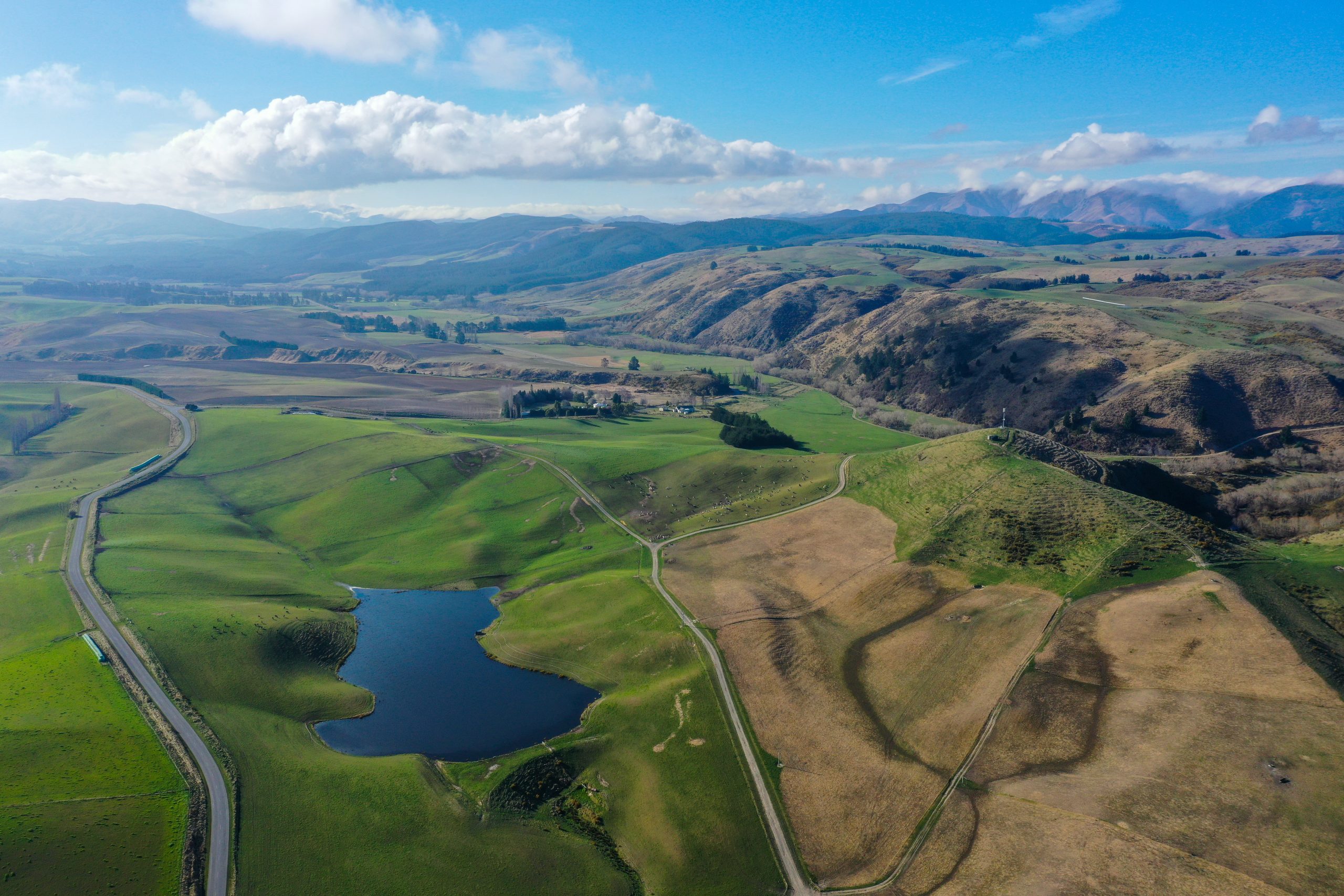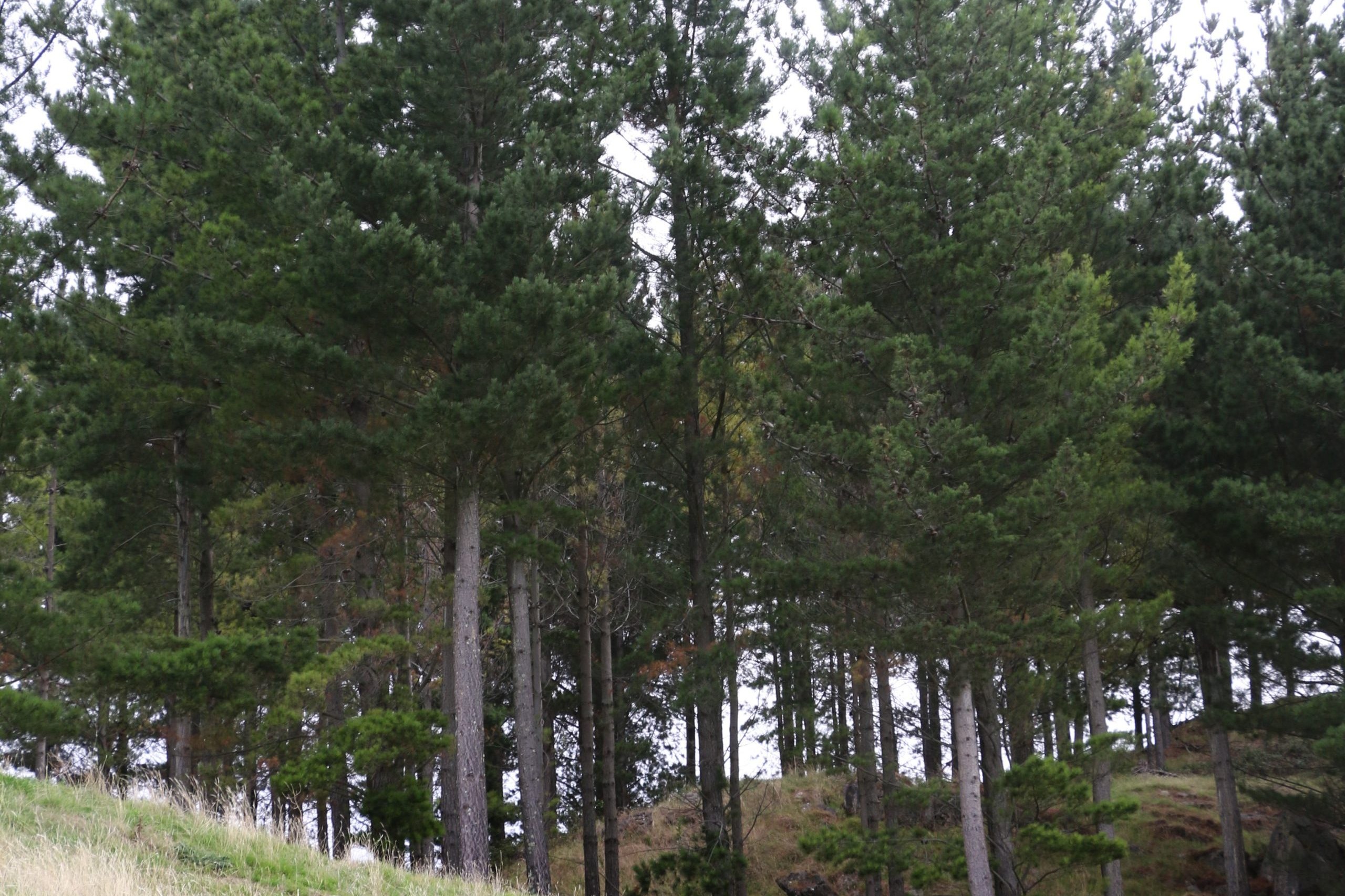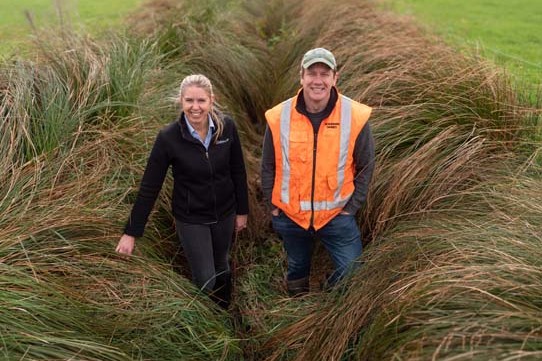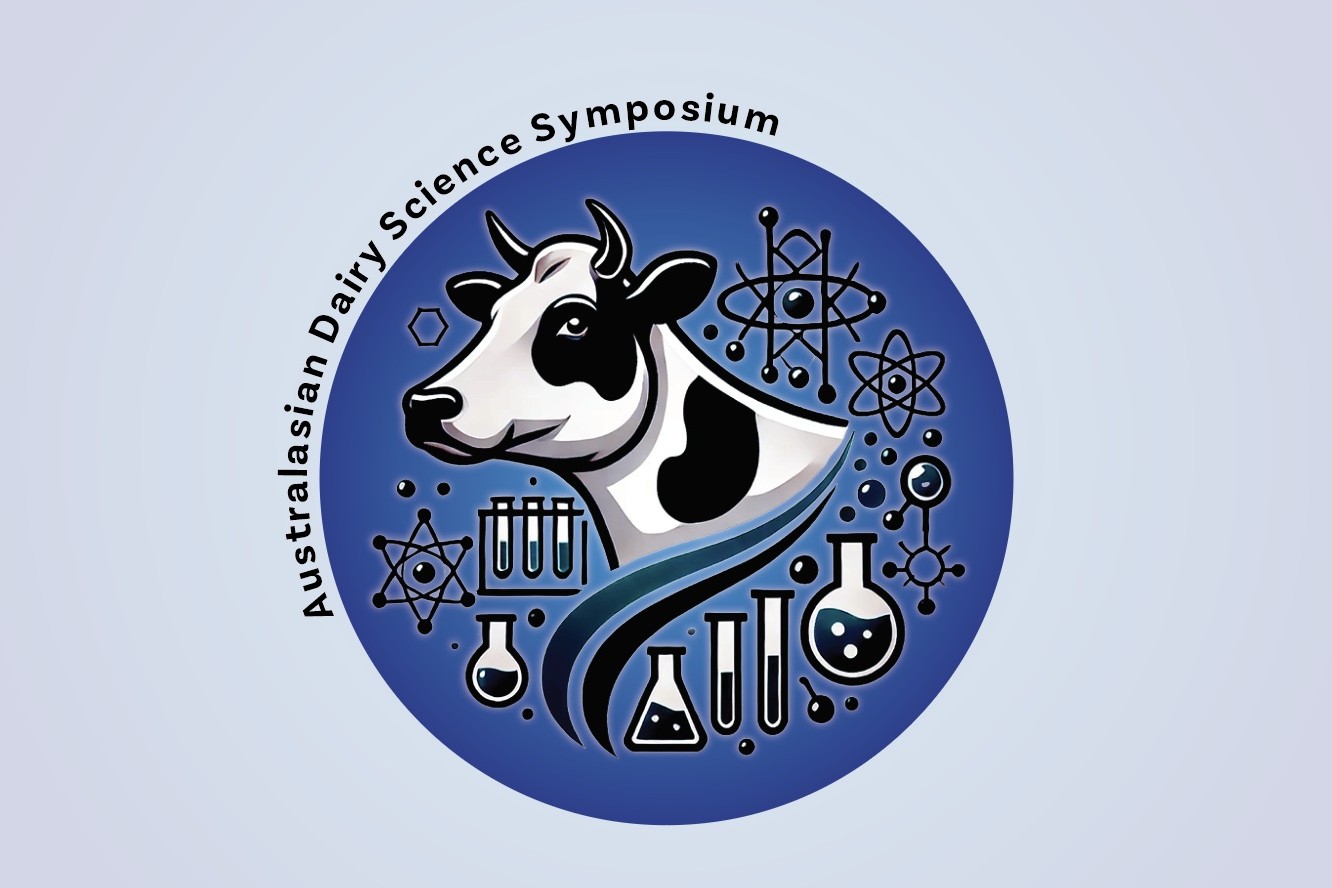Three well-known names in agriculture have got together to challenge He Waka Eke Noa proposals, James Hoban writes.
Keith Woodford has been a popular commentator on farming issues for a long time. While much of his reputation has been developed through a long association with the dairy industry, he has recently written a series of commentaries on carbon farming and its implications of the New Zealand pastoral landscape.
In March he turned his energies towards He Waka Eke Noa (He Waka) and the controversy surrounding this industry-driven response to Government an public demands. Woodford teamed up with two other well-known industry leaders Graham Brown and Jane Smith.
In addition to being a Country-Wide contributor, Smith is a prominent North Otago farmer and environmental advocate. She has previously publicly responded to policy injustices and highlighted bureaucratic absurdities and sector inequities.
Brown is a well-known Christchurch-based farm accountant and business mentor.
That these three experts have come together to write joint submissions on He Waka is notable. Industry leaders and He Waka proponents should take note.
It’s a submission that needs to be taken seriously. All three of these people have remained independent from other groups such as Groundswell, despite having some involvement. Woodford was asked to help bridge the gap between industry groups and Groundswell. While cautiously optimistic of success, his efforts inevitably failed.
“The level of mistrust between the disaffected farmers in Groundswell and the mainstream industry groups was too great.”
So Brown, Smith and Woodford are essentially independent voices, and they could have all found better things to do then spent a significant amount of time over a period of 10 days preparing their He Waka submission. That they made the effort, speaks to the magnitude of the issues they see with He Waka. It would also be a brave industry politician who claims to know better than these three intellects combined.
The submitters are supportive of the concept of He Waka, rather than the ETS, being best for agriculture. They also believe there are two fundamental guiding principles which most groups agree on.
First, a split gas approach is crucial to fairly dealing with farm greenhouse gas emissions and secondly, that levies collected from farmers should be solely used within the farming sector to reduce emissions. They say the guiding principles are logical and should not be controversial but that He Waka documents have “drifted badly from these principles.”
Beyond these guiding principles and an aversion to the ETS managing farm emissions, the level of agreement runs dry. They came together to write their submission because of a mutual concern that the He Waka documents are seriously flawed and that there is major distrust within important segments of the agricultural sector.
The trio say He Waka partners need to recognise the “huge distrust and associated confusion” in relation to the proposals.
“Weaknesses within the He Waka documentation and associated communications have exacerbated that situation.”
Accordingly, they believe that He Waka partners now need to take urgent action to repair relationships and address trust issues. They say that this can only be achieved through a new approach.
Like many other He Waka submitters, this submission notes that initiatives to address emissions must be consistent with the Paris Agreement which explicitly states that these efforts must not threaten food production.
According to Woodford in his regular writing on this topic, “Trying to tax agriculture out of existence through punitive levies in the ETS is inconsistent with the Paris Agreement that NZ signed up to. That agreement is very explicit that climate change policies must not threaten food production.”
In addition, Brown, Smith and Woodford say they want to see He Waka focus on methane and nitrous oxide. They say carbon issues and all sequestration should be handled through the ETS.
According to Woodford, “If sequestration is genuine it has to belong in the ETS… if it is not genuine, then it sure does not belong in He Waka.”
They are concerned the He Waka formula will lead to cumbersome administrative burdens. Rewarding sequestration on farms will in many cases be costly and administratively intensive. Worse than that, including sequestration in He Waka will mean farmers’ levies are used to pay for farmers’ sequestration. Wider society should be paying for these benefits and that would be made possible by keeping sequestration issues with the ETS.
“The failure to advise farmers that sequestration payments within He Waka will have to be funded through taxing of other farmers has been a major flaw.”
The submitters believe He Waka documents have got lost in detail and drifted away from sensible, fundamental principles. They emphasise the importance of focusing efforts on emissions reduction rather than generating tax income. The trio say refocusing on this basis will lead to “modest” levies.
They appear frustrated with the He Waka partners who now have major challenges ahead if they are to sufficiently address concerns. The trio want to see He Waka engage with experts who can help the team with strategic thinking and a deep understanding of agriculture. They believe this would help He Waka partners better address issues around operational efficiency, equity and alignment with their own guiding principles.
“Walking back from misguided proposals is never easy, but it has to be done,” explains Woodford.
“In essence we think that He Waka lost the plot once it started looking at the specifics of the levy system. The staff working on the proposals need much better insights… our fear is that if He Waka does not bring those with necessary insights into the tent, then the He Waka proposals are going to crash.”
There appears to be no response to He Waka that will escape an argumentative rebuttal. He Waka’s architects appear stubborn in their resolve and continue to respond to any and all challenges with an air of knowing better than the dissenters.
Astute dissenters understand that the ETS is not a palatable alternative. They know that the public and Government want urgent climate action from farmers. They also know that if everyone paid their relative true contributions then the burden on intensive farmers would increase.
Sheep and beef farmers are sharing the pain to help intensive farmers. Dissenters know hill country farmers are being asked to pay more than they should. If we recognised our shrinking industry since 1990 and the growth of intensive farming fairly, then more of the liability would lie with them.
Repeating defences of He Waka does not allay the concerns of its opponents. Repeating these defences also fails to adequately address the real concerns of an increasingly despondent group of levy payers. Those levy payers might well be hoping that the voices of Brown, Smith and Woodford prove too difficult to ignore.
Urban writer’s viewpoint
It is common to hear farmers or rural commentators lament that mainstream media and the wider population are unaware of rural issues.
Writer Jane Clifton addressed He Waka Eke Noa in the NZ Listener, April 30. Her astute commentary is not entirely comforting for farmers but well worth reading. She makes a number of observations in her column, including the following.
“You can’t herd farmers. At the same time, you can stampede anxious Government ministers, particularly when they’re in a poll slump and facing falling short of their carbon zero rhetoric…”
She explains that if the final policy decisions fail to treat individual farmers fairly, something that appears likely, then; “…a new chore will have to be squeezed into a farmer’s day: as well as being livid with the Government, time will have to be found for being absolutely incandescent with one another. Those who’ve done the decent thing, invariably at considerable cost and upheaval, will rightly resent being treated as no better than the so-and-so down the road who’s still emitting like it’s 1999.”
Clifton appears well aware of the fact that rural issues are not always well understood outside the farming sector.
“It’s a curiosity of our politics that the outcome of He Waka has more potential to affect New Zealand’s economic buoyancy, for better or worse, than most other measures the Government is considering, yet generally only farmers are talking about it.”
- The full submission can be found at keithwoodford. wordpress.com.





